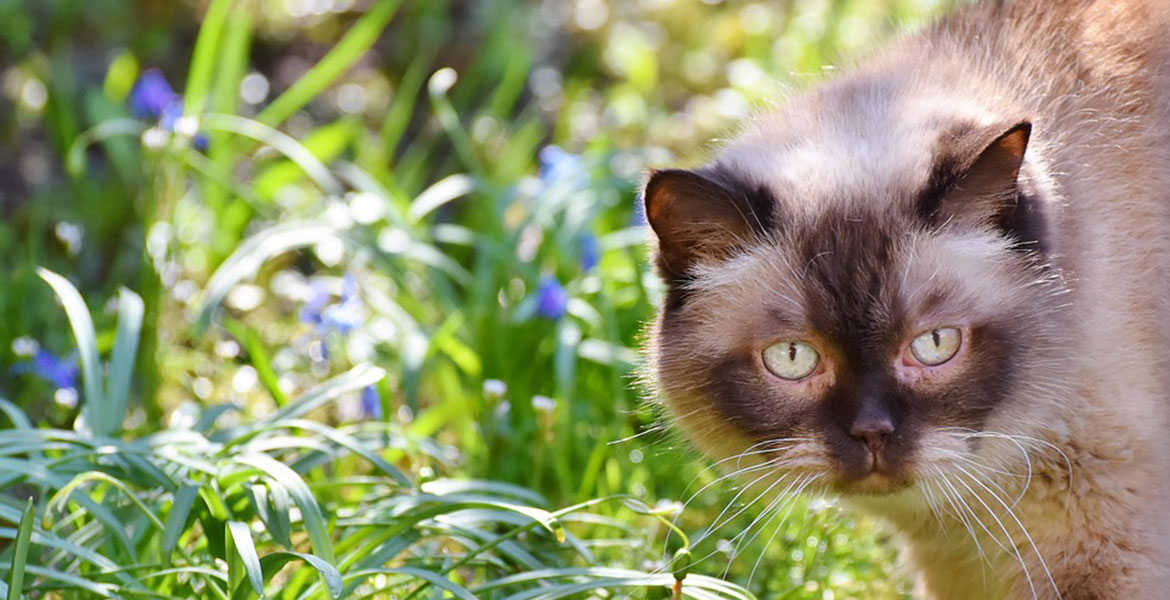
Leptospirosis in Cats
Wednesday, April 11, 2018
According to the Advisory Board on Cat Diseases, leptospirosis is a zoonotic disease. It is caused by Leptospira spp. or mobile bacteria that can infect many mammals including people.
There is no vaccine available for cats so it is important for cat owners to be aware of these facts.
Leptospires are found in the environment, particularly in contaminated water where they can remain infectious for several months. Transmission of leptospires occurs by direct or indirect contact.
Cats mostly become infected through feeding on natural reservoir hosts—such as when hunting rodents. Cats can also be exposed to urine of cohabitating dogs. Transmission through water contact is less likely in cats.
After penetrating mucous membranes or skin, leptospires multiply rapidly upon entering the blood vascular space. They can invade many organs, especially the kidney, in which leptospires can persist and cause shedding for months to years.
Clinical signs in infected cats are rare. However, recent studies have demonstrated a potential association between feline chronic kidney disease and Leptospira spp. infection.
There are two types of tests that can be completed. The first is used to identify Leptospira DNA in blood or urine samples. The second is used to test the cat’s blood for antibodies against the Leptospira bacteria.
Once a diagnosis is confirmed, doxycycline, an antibiotic, can be used to manage disease in cats that shed leptospires.
Again, there is no vaccine available for cats to prevent this disease. To prevent infection, avoid letting your cat feed on potentially infected rodents and contact with stagnant water. Keeping cats indoors also minimizes the chance of infection.
As always, the best way to keep your cat healthy is routine visits to your veterinarian. If you have concerns about any clinical signs or potential exposure to disease, call your veterinarian.
by Elisabeth J. Giedt, DVM
Veterinary Viewpoints is provided by the faculty of the OSU Veterinary Medical Hospital. Certified by the American Animal Hospital Association, the hospital is open to the public providing routine and specialized care for all species and 24-hour emergency care, 365 days a year.
